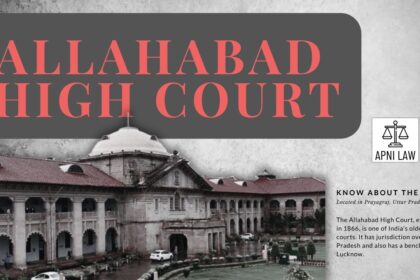Code
Where the person summoned cannot, by the exercise of due diligence, be found, the summons may be served by leaving one of the duplicates for him with some adult male member of his family residing with him, and the person with whom the summons is so left shall, if so required by the serving officer, sign a receipt therefor on the back of the other duplicate.
Explanation.–A servant is not a member of the family within the meaning of this section.
Explanation
This section allows the Magistrate to issue alternative methods of serving summons when the accused is not found at their known address. It involves:
- Inquiry: The Magistrate must first inquire whether the accused can be found.
- Alternative Service: If the accused cannot be found, the Magistrate may direct the summons to be served by:
- Affixing a copy on the accused’s house or place of abode.
- Affixing a copy on a conspicuous part of the accused’s last known place of residence if their house or place of abode cannot be found.
Illustration
Consider a scenario where the police are investigating a theft case. The accused, John, cannot be located at his known address. The investigating officer informs the Magistrate about this. The Magistrate, based on the inquiry, directs the summons to be served by affixing a copy on John’s house door.
Common Questions and Answers
Q: What happens if the accused still doesn’t appear in court after the summons is served?
A: The Magistrate may issue a warrant for the accused’s arrest.
Q: Is there a specific time period for the accused to appear in court after the summons is served?
A: Yes, the summons usually specifies a date and time for the accused to appear in court. Failure to do so may result in consequences.








